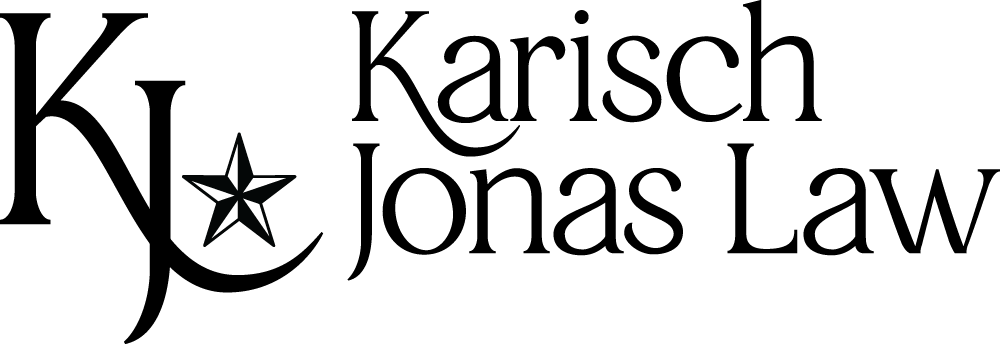The Estates Code
The biggest legislative change in probate law in decades is happening, but it is not really much of a change at all. On January 1, 2014, the Estates Code replaced the Probate Code. Yes, the Probate Code, which has been around for 60 years, will be no more. Yes, probate lawyers and courts will have to learn many new chapter and section numbers. But no, the law itself is not changing – at least, not very much.
The Texas Legislative Council, a state agency, is charged with planning and executing a code-based statutory revision program to “clarify and simplify the statutes and to make the statutes more accessible, understandable, and usable.” Tex. Govt. Code Sec. 323.007(a). Since 1963, it has been taking sections of the old Vernon’s Annotated Texas Statutes (a proprietary system owned by West Publishing Company) and placing them in a series of codes. Most probate lawyers have worked for years with the Property Code and the Family Code. Now they will have to adjust to the Estates Code.
When revising a statute, the Legislative Council “may not alter the sense, meaning, or effect of the statute.” Tex. Govt. Code Sec. 323.007(b). For this reason, while the location of various provisions is changing and some of the terminology is changing, the law itself is not supposed to be changing. (See "Substantive Changes Related to Estates Code Enactment" for significant exceptions to this.)
The Estates Code is organized in the familiar chapter and section format of other Texas codes:
Decedents’ estates
Chapters 31 – 551
Powers of attorney
Chapters 751 – 752
Guardianships
Chapters 1001 – 1253
Management trusts and other guardianship alternatives
Chapters 1301 -- 1356
Three questions about the new Estates Code:
Q: I have an estate under administration that was started before January 1, 2014. Do I follow the Probate Code or the Estates Code? A: Both. Each section of the Probate Code is repealed effective January 1, 2014, and the Estates Code becomes effective on the same day. Nothing in the statute says otherwise, so there is no reason to think that the Estates Code will apply only to persons dying on or after that date. Section 21.006 of the Estates Code says that “the procedure prescribed by Title 2 [the Decedents’ Estates portion of the code] governs all probate proceedings.” So, you should cite and follow the Probate Code provisions through December 2013 and cite and follow the Estates Code provisions beginning in January 2014.
Q: Will I have to re-plead everything with the new section numbers? A: Hopefully that is a silly question. Surely the courts will treat a pleading that was proper under the Probate Code as continuing to apply without the need for re-pleading. On the other hand, judges and lawyers have taken different views of other recent legislative changes (don’t get me started), so it is best to check with the court in question. Perhaps judges will enact local rules to clarify this issue.
Q: Do I need to change all of the statutory references in my will form? A: Yes, for wills signed on or after January 1, 2014. While the Estates Code contains a provision that makes statutory references to prior law apply to the new, revised statutes (Tex. Est. Code Sec. 21.003(a)), it does not have a provision that makes references in wills and other instruments to prior statutes apply to new versions of the statutes. The Code Construction Act (which applies to the Estates Code) provides that “[u]nless expressly provided otherwise, a reference to any portion of a statute or rule applies to all reenactments, revisions, or amendments of the statute or rule.” Tex. Gov. Code Sec. 311.007. However, it is likely that this section applies to “references” in other statutes, not references in instruments such as wills. When the Texas Trust Code was enacted in 1983, the Legislature made clear that the Trust Code was considered an amendment to the Texas Trust Act (repealed by the Trust Code) for purposes of references in trust instruments. Tex. Trust Code Sec. 111.002. There is no similar provision in the Estates Code. Of course, the guiding principle in will construction is determining the testator’s intent, so it should not be too hard to prove that a testator who referred to Section 145 of the Probate Code intended a reference to the appropriate corresponding section of Chapters 401 – 405 of the Estates Code. Still, it will be unprofessional to produce documents after January 1, 2014, containing out-of-date statutory references.
